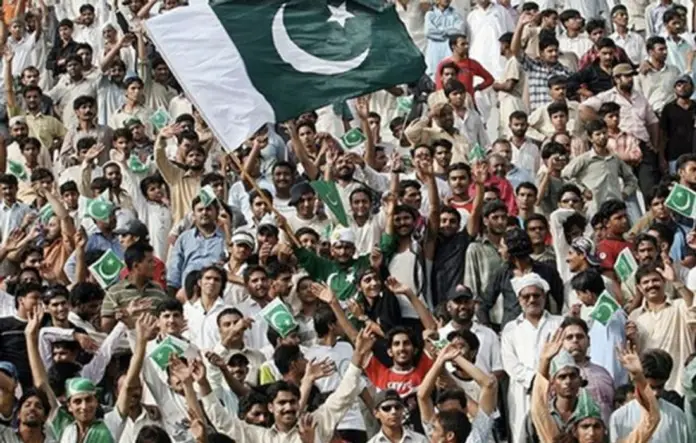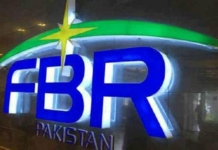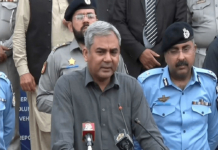The European Union (EU) has said that Pakistani politics has been highly partisan where, despite consecutive three elections and two peaceful government transitions, there was little cooperation and compromise between the government and the parliament.
According to the Multi-Annual Indicative Program (MIP) for 2021-2022, the role of military has been seen as the guarantee for stability, however, it also has also been criticized for undermining civilian governance capacity.
The new MIP that would be implemented in two phases, with a mid-term progress review in 2024, has a duration of seven years from 2021 to 2027. It would provide opportunity for redefining and redirecting the priorities and actions of the European Union.
EU has set an initial grant of 265 million euros. After the general elections in 2023, it is anticipated that both the “Vision 2025” and the multi-annual indicative program would be amended. According to an EU document, this will enable realigning the second half of the MIP with strategies of any potential new government.
The third elections since the end of the military regime in 2008 and the second successive peaceful transfer of power, the security situation and access to justice in the country remains challenging.
A slow recovery from the COVID-19 crisis and socioeconomic impact could further delay economic and structural reforms. These would be mitigated through increased coordination and dialogue with other development partners, regular policy and political dialogue, provision of dedicated capacity building activities, including in the area of public financial management, mainly through technical assistance, and whenever possible, exchange of expertise from EU member states.
Outdated regulatory frameworks have affected the efficiency of law enforcement and judiciary institutions. The MIP will address capacity issues and integrate disaster risk management in order to increase resilience of economic activities supported by the EU’s humanitarian assistance.







